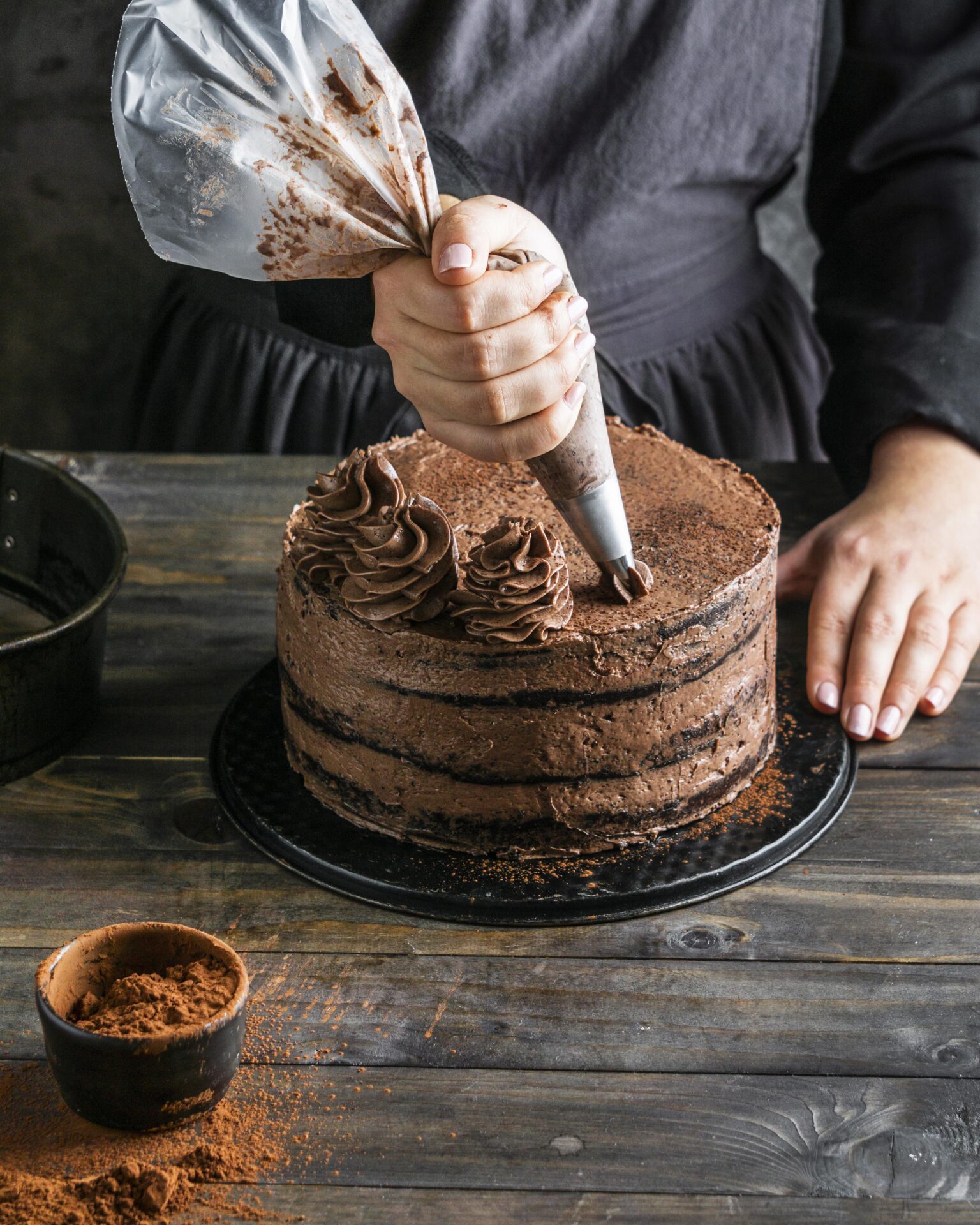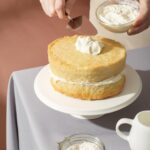Baking a cake is both an art and a science. It requires precision, technique, and a little bit of magic to achieve a moist, tender, and delicious creation. Whether you’re a beginner or a seasoned cake maker, here are some essential baking tips that will help you elevate your cake-making skills to new heights:
- Read and Follow the Recipe: Before starting any baking project, read the recipe carefully from start to finish. Familiarize yourself with the ingredients, measurements, and steps involved. Follow the instructions closely, paying attention to details such as oven temperature, mixing times, and any special techniques required.
- Use Quality Ingredients: The quality of your ingredients greatly affects the outcome of your cake. Invest in high-quality ingredients, including fresh eggs, real butter, and pure vanilla extract. Avoid using margarine or imitation flavorings, as they can impact the taste and texture of the final product.
- Properly Prepare the Pans: Prepare your cake pans correctly to ensure easy removal and a flawless finish. Grease the pans with butter or cooking spray and line the bottoms with parchment paper. This prevents the cake from sticking to the pan and allows for a clean release.
- Measure Ingredients Accurately: Baking is a science that relies on precise measurements. Use measuring cups and spoons specifically designed for baking and level off ingredients for accurate results. A slight variation in measurements can impact the texture and consistency of your cake.
- Preheat the Oven: Always preheat your oven before baking. This ensures a consistent temperature throughout the baking process. Most cake recipes require a specific oven temperature, so allow the oven to reach that temperature before placing the cake inside.
- Avoid Overmixing the Batter: Overmixing the cake batter can lead to a dense and tough texture. Mix the ingredients until just combined, using a spatula or a hand mixer on low speed. Stop mixing as soon as the ingredients are fully incorporated.
- Use Room Temperature Ingredients: Allow your eggs, butter, and other refrigerated ingredients to come to room temperature before using them. Room temperature ingredients mix more easily and evenly, resulting in a smoother batter and a better rise.
- Don’t Open the Oven Door Too Soon: Avoid the temptation to peek at your cake while it’s baking. Opening the oven door too soon can cause the cake to sink in the center. Wait until the cake is almost fully baked before checking for doneness.
- Test for Doneness: Use a toothpick or a cake tester to check if the cake is fully baked. Insert it into the center of the cake—if it comes out clean or with a few crumbs clinging to it, the cake is done. If the toothpick has wet batter on it, continue baking for a few more minutes.
- Allow the Cake to Cool Properly: Once the cake is baked, remove it from the oven and let it cool in the pan for 10 to 15 minutes. Then, gently invert it onto a wire rack to cool completely. Cooling the cake properly prevents it from sticking to the pan and allows the flavors to develop.
- Frost and Decorate with Care: Before frosting and decorating the cake, ensure that it is completely cooled. Applying frosting to a warm cake can cause it to melt and slide off. Use a spatula or an offset spatula for smooth and even frosting, and let your creativity shine when decorating.
Remember, practice makes perfect when it comes to baking cakes. Don’t be discouraged by any mishaps along the way—learn from them and keep experimenting. With time, patience, and these essential baking tips, you’ll become a master cake maker, delighting others with your delectable creations.








